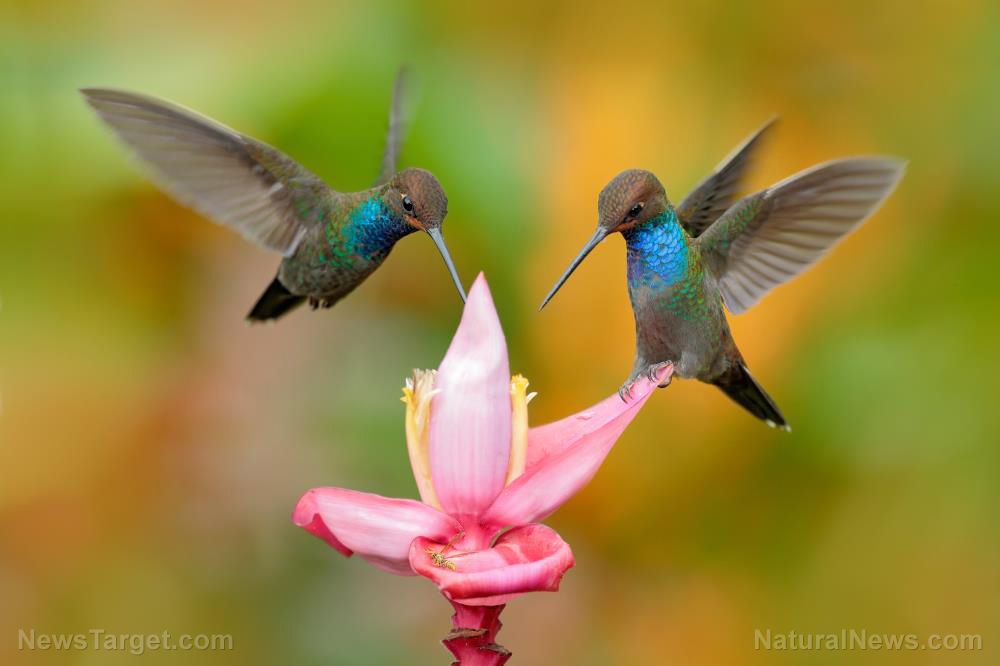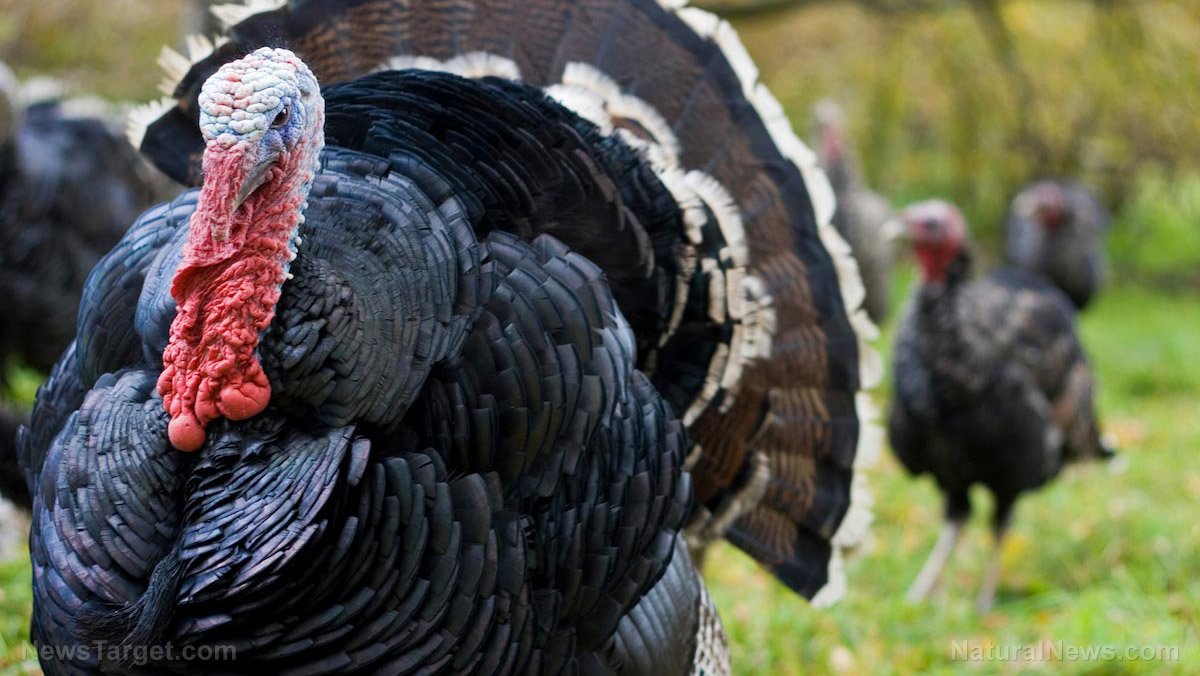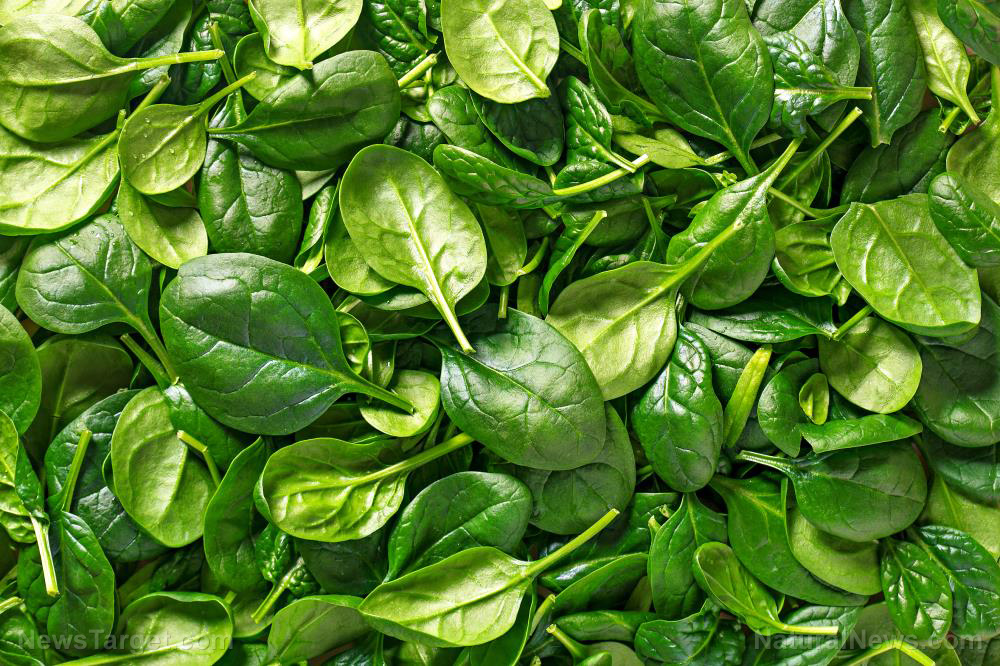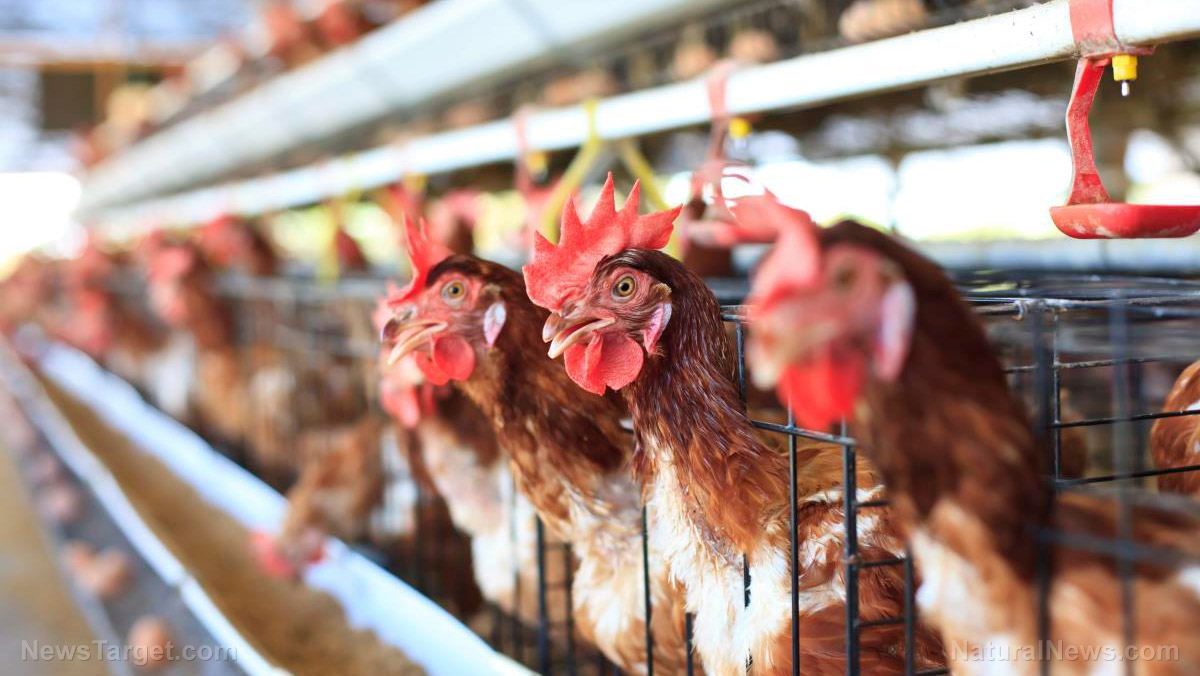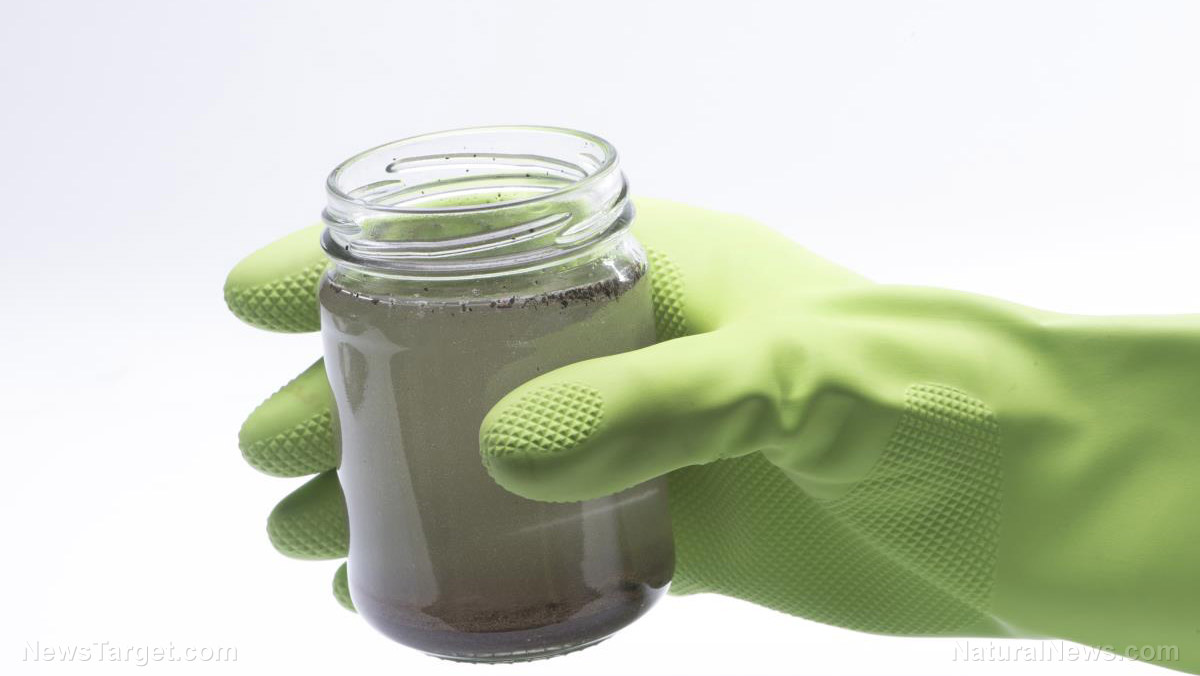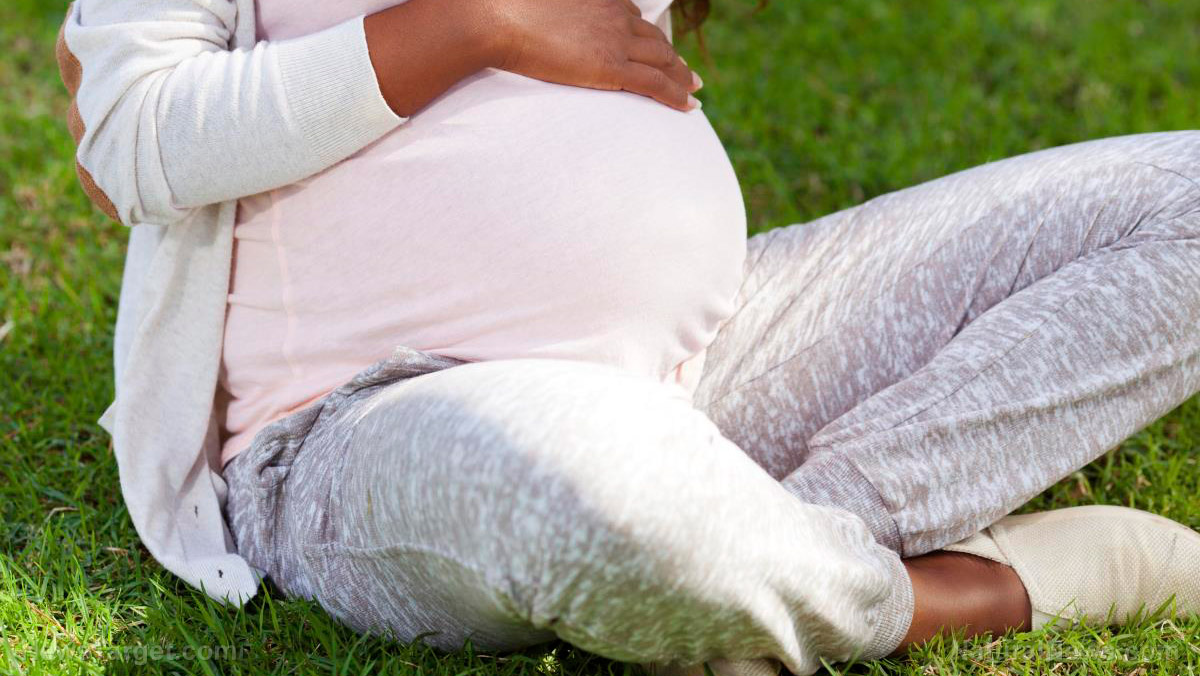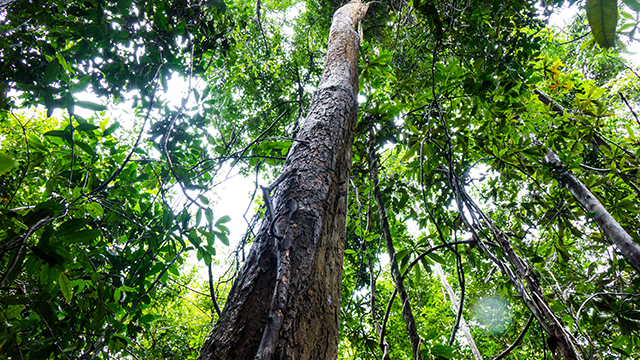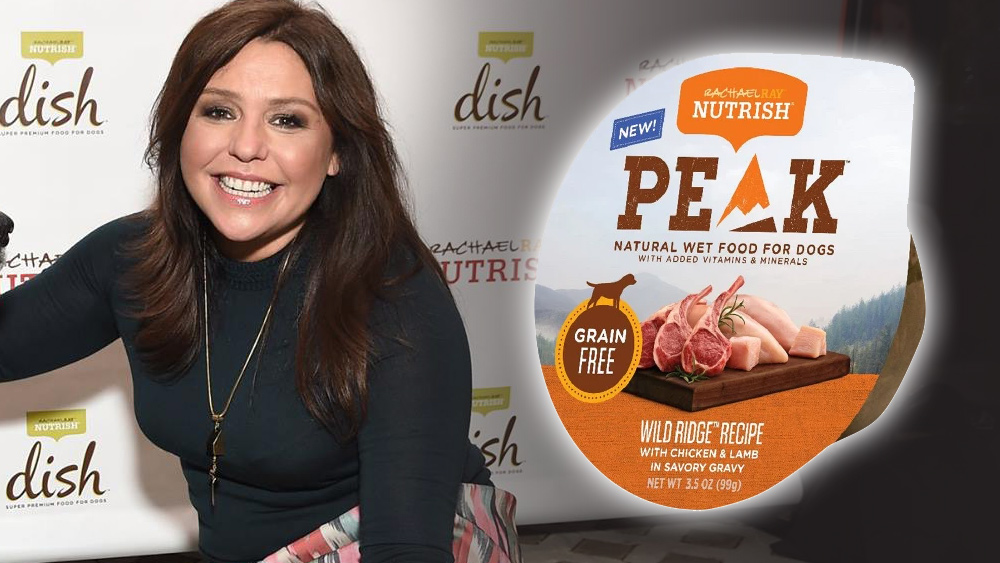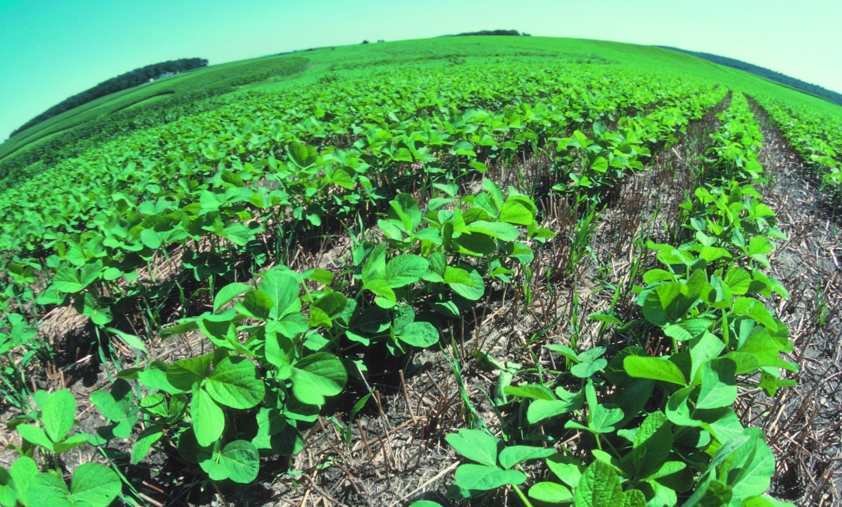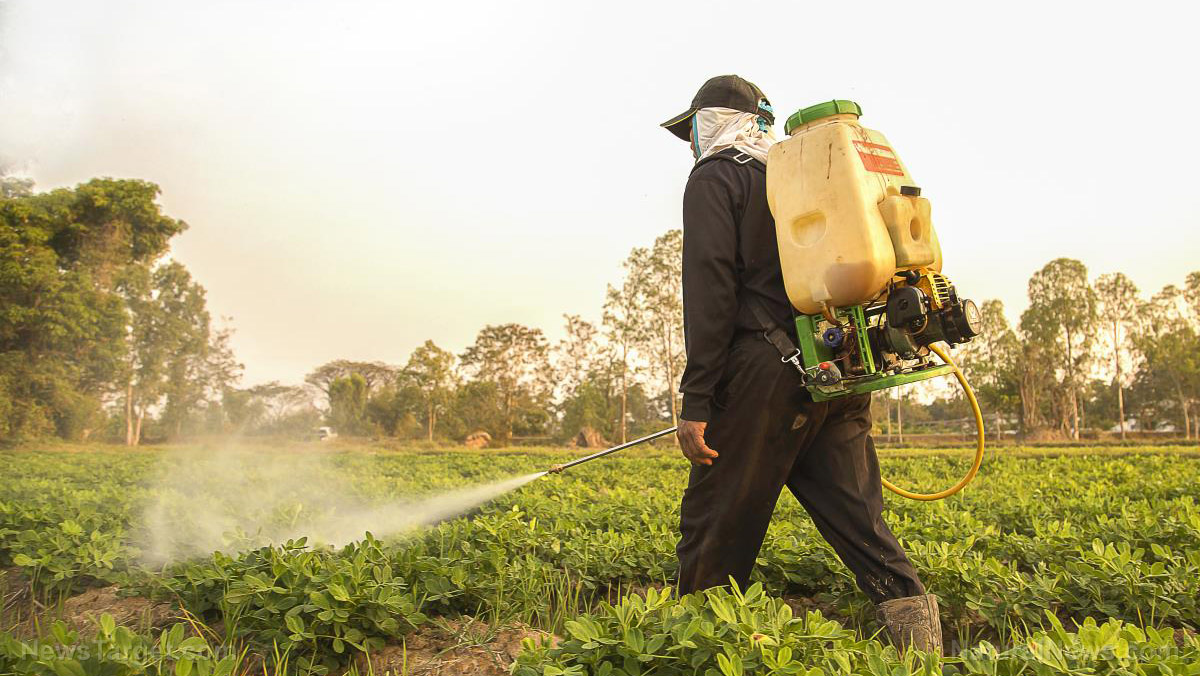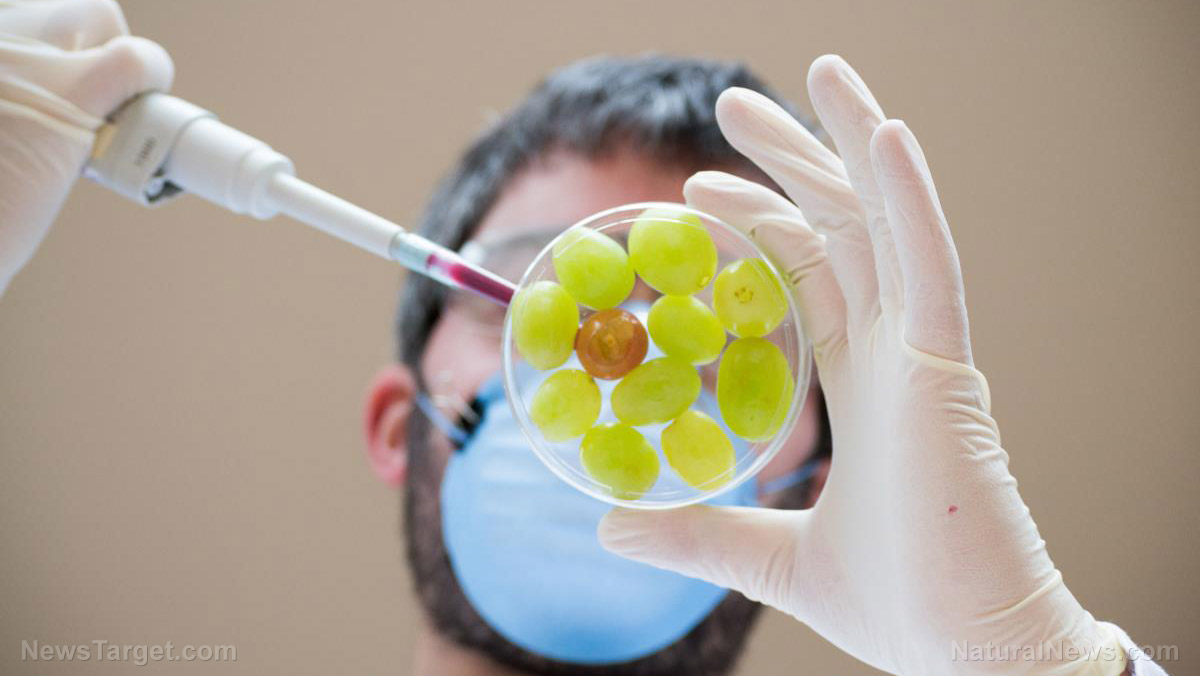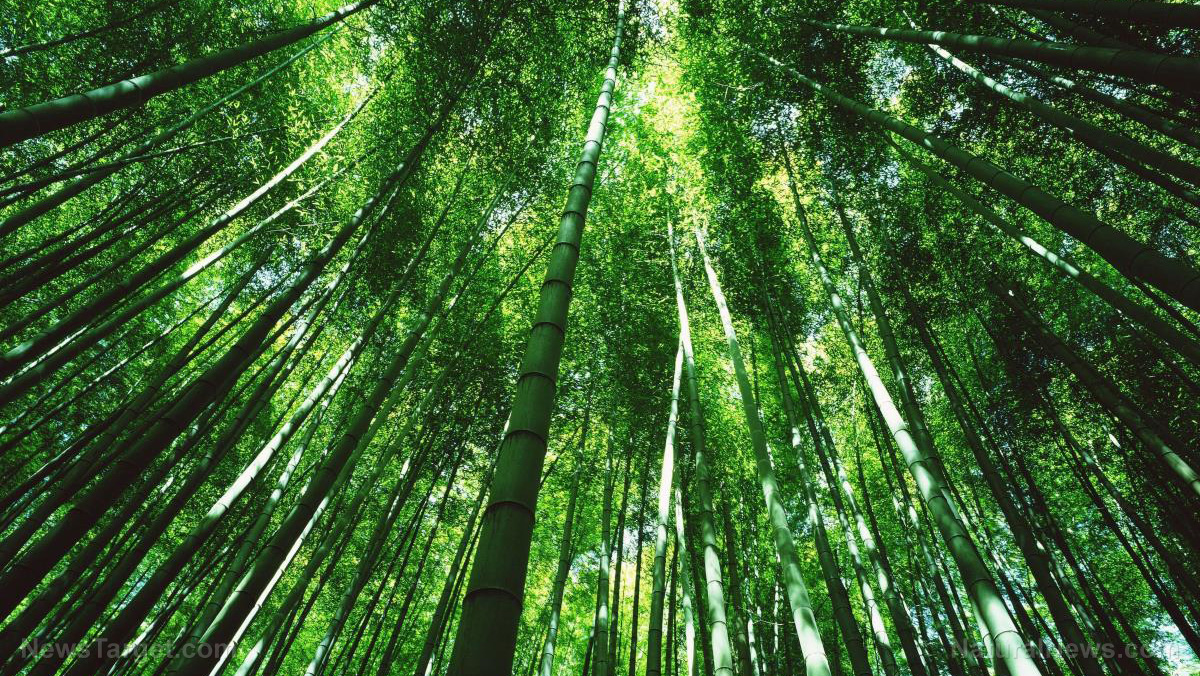Glyphosate use SUSPENDED in Brazil as cancer concerns take center stage
08/07/2018 / By Isabelle Z.

Upon hearing how dangerous glyphosate is, many people’s first question is why it is allowed to be sold if it is so deadly. The answer to that question, at least in the U.S., is very complex and involves a lot of money and political maneuvering. In Brazil, however, common sense appears to be prevailing as a judge in the country has suspended the use of glyphosate products.
A federal judge in Brasilia has ruled that any new products that use the chemical in its formulation cannot be registered there, and existing registrations will be suspended in the next 30 days while the government takes a closer look at the toxicology. The fungicide thiram and the insecticide abamectin will also be subject to this decision.
It won’t be surprising to see a slew of appeals to the decision, which could hit Monsanto very hard. The company markets a genetically modified, glyphosate-resistant soybean that is widely planted in Brazil. Brazil is the biggest exporter of soybeans in the world, due mainly to high demand from China. Strains of cotton and corn that are glyphosate-resistant are also used in the country – at least for the time being.
In 2015, a federal prosecutor asked the Brazilian Justice Department to outlaw glyphosate due to concerns about health problems. Restrictions on glyphosate in Brazil are considered relatively lax, with application limits set at up to 500 mg/L; the European Union’s application limit is 5,000 times less at 0.1 mg/L.
.
Countries around the world are restricting and banning glyphosate
Brazil joins a growing list of countries that have banned the toxic chemical or restricted its use. In 2013, El Salvador banned the Roundup herbicide after independent studies linked the chemical to kidney disease, cancer and other illnesses.
Belgium has banned the individual use of the chemical and voted against relicensing it in the EU last year. It was also one of six EU member countries to sign a letter asking the EU Commission to establish an exit plan for glyphosate. In addition, the city of Brussels has a “zero pesticides” policy, which means glyphosate is completely banned there.
The Netherlands has also banned the use and sale of herbicides that contain glyphosate for noncommercial use throughout the country
In Argentina, more than 400 cities and towns have passed measures that restrict the use of glyphosate. After the International Agency for Research on Cancer concluded the chemical is “probably carcinogenic to humans,” more than 30,000 healthcare professionals in the country advocated for a ban of the ingredient.
France and Germany are expected to join the list soon. Last November, French President Emmanuel Macron announced the country will ban glyphosate outright within the next three years. In January, the coalition government in Germany kicked off the process of banning glyphosate, and some retail stores in the country have already pulled Roundup and similar herbicides from their shelves.
Growing list of health problems and lawsuits
Last month, a U.S. federal judge ruled that there was enough evidence for hundreds of lawsuits against Monsanto filed on behalf of cancer patients to proceed to trial. The lawsuits claim that Roundup caused people’s non-Hodgkin’s lymphoma and that Monsanto knew about the risk but failed to warn regulators and consumers.
Studies have also linked the chemical to a very long list of problems including heart disease, Celiac disease, inflammatory bowel syndrome, liver disease, kidney disease, Parkinson’s disease, birth defects, autism, ADHD, and Alzheimer’s. It is also harming the environment, affecting biodiversity and putting the entire ecosystem at risk.
Given all these dangers, it is surprising that the list of places glyphosate has been banned is not longer. How many people have to die before this dangerous ingredient is finally outlawed around the planet?
Sources for this article include:
Tagged Under:

